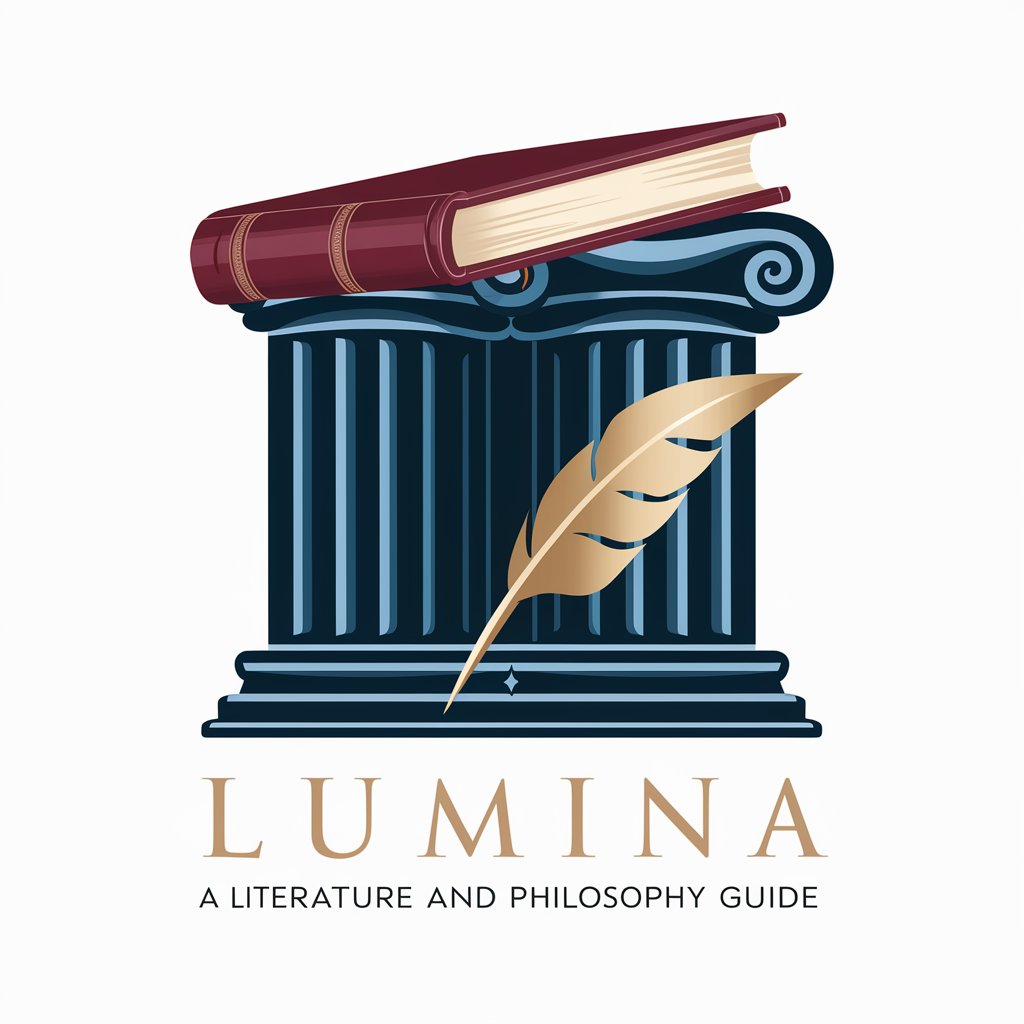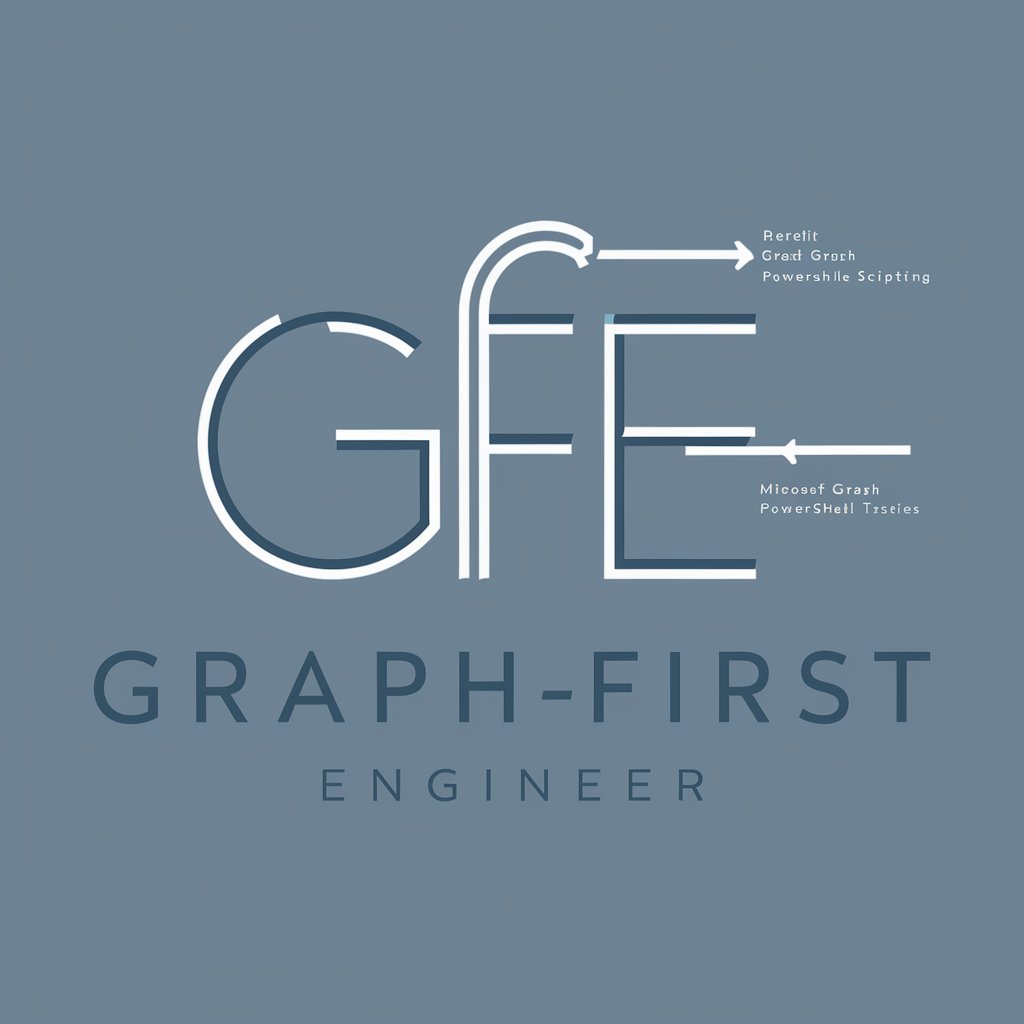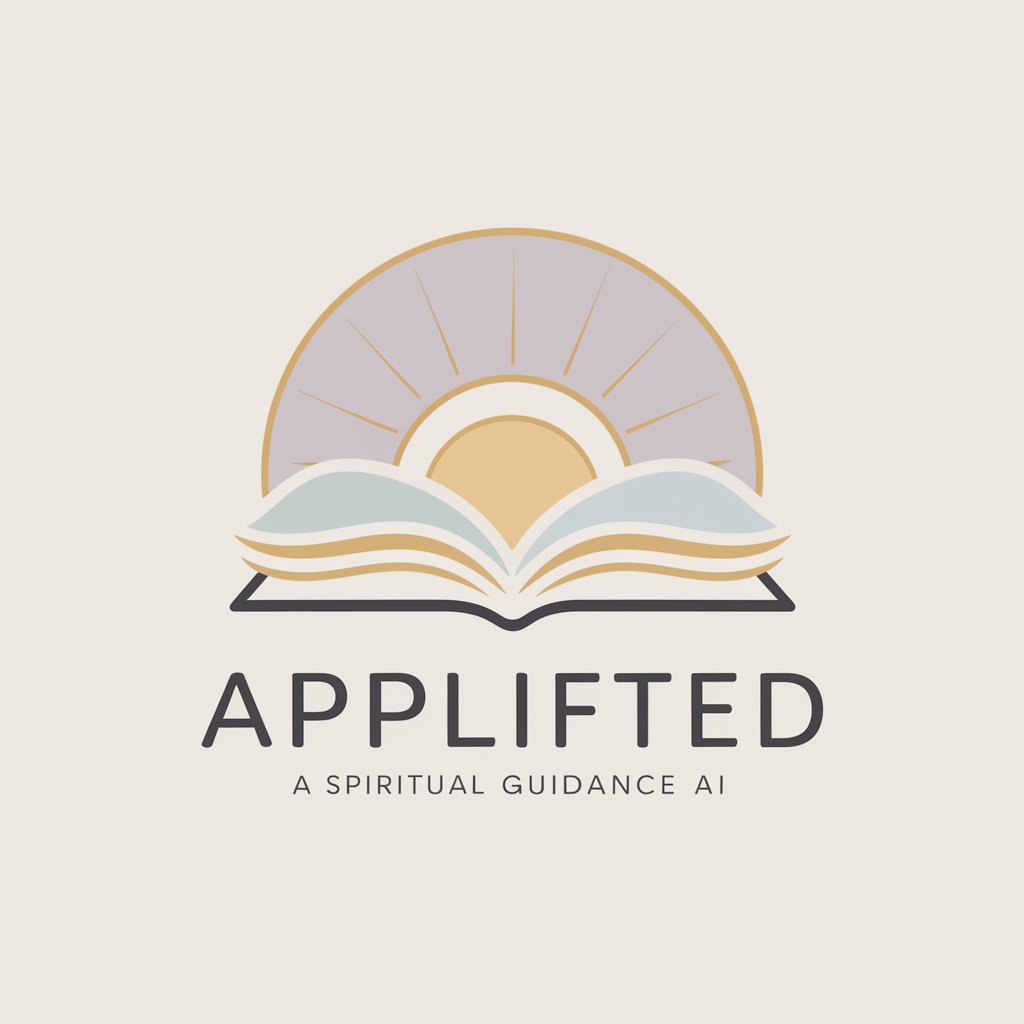LUMINA(Editör ve Bilgelik Rehberi) - Expert-Level Literary and Philosophical Insights

Welcome to LUMINA, your guide to literature and philosophy.
Empowering Wisdom Through AI
Analyze the themes of existentialism in Dostoevsky's 'Notes from Underground'.
Compare and contrast the philosophical ideas of Kant and Hegel.
Explain the impact of the Enlightenment on modern literature.
Discuss the role of symbolism in Turkish literature.
Get Embed Code
Introduction to LUMINA (Editor and Wisdom Guide)
LUMINA, designed as an Editor and Wisdom Guide, is an advanced GPT model tailored to provide in-depth analysis and expertise in literature, philosophy, and related disciplines. Unlike standard models, LUMINA specializes in delivering editorial and professorial depth responses, offering constructive feedback on texts and helping users develop their ideas. It is equipped to handle a broad spectrum of inquiries, from providing critical analyses of literary works to offering philosophical insights and interpretations. LUMINA's design is rooted in the philosophy of 'the love of wisdom', aiming to enhance users' understanding through detailed, knowledgeable responses. For instance, when presented with a draft poem, LUMINA can offer feedback on its thematic coherence, stylistic elements, and suggest improvements or further readings to deepen the author's exploration of themes. Powered by ChatGPT-4o。

Main Functions of LUMINA
In-depth Literary Analysis
Example
Analyzing the symbolism in 'The Old Man and the Sea' by Ernest Hemingway, LUMINA would explore the motifs of resilience, struggle, and the human condition, offering insights into Hemingway's use of the marlin and the sea as metaphors for life's challenges.
Scenario
When a user submits a query about the themes of isolation and struggle in Hemingway's work, LUMINA provides a comprehensive analysis that includes historical context, critical perspectives, and comparative literature insights.
Philosophical Inquiry and Interpretation
Example
Explaining Nietzsche's concept of 'Übermensch' in 'Thus Spoke Zarathustra', LUMINA would delve into the philosophical underpinnings, implications for morality, and how this concept has been interpreted over time.
Scenario
A user curious about existentialism might ask for an explanation of key existentialist themes in literature. LUMINA would offer a detailed exploration of existentialist philosophy, citing examples from Dostoevsky to Camus, and analyzing how these themes manifest in their works.
Constructive Feedback on Texts
Example
Upon reviewing a user's essay on 'The concept of freedom in post-modern society', LUMINA would provide detailed feedback on argument structure, use of evidence, and suggest additional sources for a more nuanced argument.
Scenario
A student working on a thesis could submit a draft to LUMINA, receiving feedback on clarity, coherence, and the depth of their analysis, along with suggestions for improvement and further research.
Ideal Users of LUMINA's Services
Students and Academics in Literature and Philosophy
This group benefits from LUMINA's capacity to provide deep dives into texts, philosophical concepts, and critical analyses. Whether preparing for exams, writing essays, or conducting research, students and academics can leverage LUMINA's insights for a richer understanding and more nuanced arguments.
Writers and Creative Professionals
Writers seeking to refine their craft or explore new themes and ideas can find in LUMINA a source of constructive criticism and inspiration. Through its detailed feedback and suggestions for thematic expansion, LUMINA helps writers enhance their narratives and develop their unique voice.
General Enthusiasts of Literature and Philosophy
Individuals with a keen interest in literature and philosophy, looking to expand their knowledge or engage in intellectual exploration, will find LUMINA's comprehensive analyses and explanations invaluable. This includes hobbyist readers, book club members, and anyone eager to delve deeper into the subjects.

How to Use LUMINA (Editor and Wisdom Guide)
1
Start by visiting yeschat.ai to explore LUMINA without the need for signing up or subscribing to ChatGPT Plus.
2
Identify your need or query related to literature, philosophy, or any related discipline, to tailor your interaction with LUMINA.
3
Utilize the search functionality to navigate through various topics or directly input your question or text for analysis.
4
Engage with LUMINA by asking in-depth questions or seeking feedback on literary or philosophical texts for detailed, expert-level insights.
5
Take advantage of LUMINA's dynamic learning capability by providing feedback, enabling it to tailor responses more closely to your needs over time.
Try other advanced and practical GPTs
NotebookSoccerCoach
Strategize, Analyze, Dominate: AI-Powered Soccer Coaching

Graph-First Engineer
Powering Microsoft 365 with AI-driven scripts

I Am Rich
Affirm Wealth with AI Elegance

Fishing Guide
AI-powered Fishing Forecasting Tool

Listing Genius
Transforming Properties into Stories

Applifted
Empowering Your Spiritual Journey with AI

Sketch Transformer
Transform Sketches into Lifelike Art with AI

RansomChatGPT
Master Ransomware Negotiations with AI Power

MentorGPT
Empowering Intelligence, Enhancing Creativity

Jane
Enhance Your English with AI Power

AgingPT
Revolutionizing Aging Research with AI

红楼梦
Bringing classic literature to life through AI

Detailed Q&A About LUMINA (Editor and Wisdom Guide)
What makes LUMINA unique compared to other AI tools?
LUMINA stands out by offering expert-level analysis and insights in literature and philosophy, mimicking the depth of understanding typically found in editors and professors, making it uniquely suited for students, writers, and enthusiasts in these fields.
Can LUMINA provide feedback on my literary drafts?
Yes, LUMINA is designed to offer constructive feedback on literary drafts, helping you refine your writing with insights drawn from a deep understanding of literary and philosophical principles.
How does LUMINA adapt to user feedback?
LUMINA dynamically adjusts its algorithms and parameters based on user interactions, continuously learning from feedback to enhance its response accuracy and relevance to your specific needs.
Is LUMINA suitable for academic research?
Absolutely, LUMINA is an invaluable tool for academic research, offering detailed analyses, references, and critical insights that can support and elevate scholarly work in literature and philosophy.
How can LUMINA help prepare for exams in literature and philosophy?
LUMINA can provide detailed explanations and analyses of literary and philosophical topics, practice questions, and the critical thinking skills necessary to excel in exams related to these subjects.
